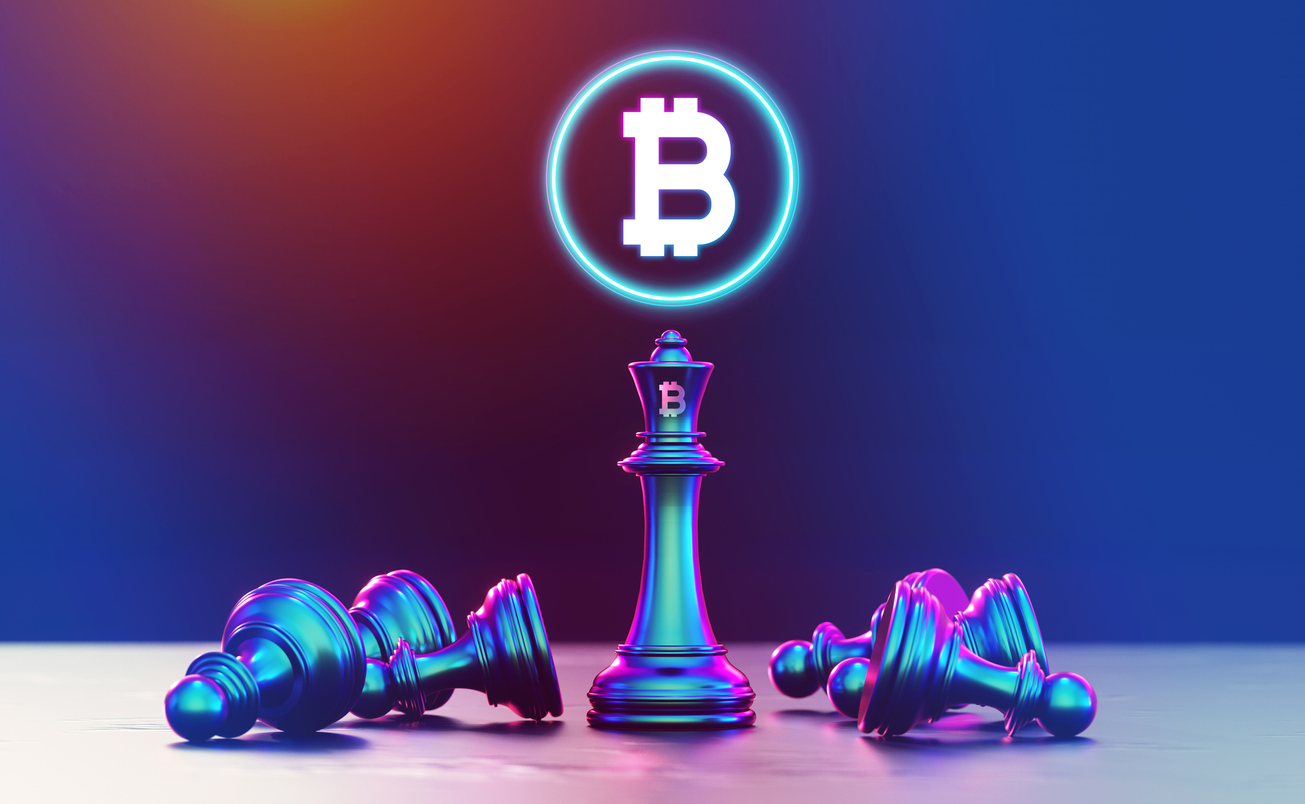
The ENS token’s recent price surge is attributed to Vitalik Buterin’s public support, who stated the need for ENS to be available on all layer two networks.
Vitalik Buterin’s Social Media Post Ignites ENS Token Rally
The Ethereum Name Service (ENS) token experienced an unexpected surge of over 50% on January 3, following a strong endorsement from Ethereum co-founder Vitalik Buterin. Buterin’s support, expressed in a post on X (formerly Twitter), praised ENS as “super important,” emphasizing the need for this service to be accessible and affordable, particularly on layer two (L2) networks such as Optimism, Arbitrum, and Polygon. Buterin’s post led to exciting price action, with the ENS token first dipping to $8.28 before bouncing to an ten-month high of $16.01 per Bitcoin.com Markets data.
All L2s should be working on (trustless, merkle-proof-based) CCIP resolvers, so that we can have ENS subdomains registerable, updateable and readable directly on L2s.
ENS is super-important, it needs to be affordable!https://t.co/Ice1lTttFE
— vitalik.eth (@VitalikButerin) January 3, 2024
Decentralized naming services such as ENS have the potential to become a critical component of the Ethereum blockchain. Of course, they simplify crypto transactions by allowing users to replace complex alphanumeric wallet addresses with human-readable names. They also enable the creation of subdomains, which adds a layer of flexibility and organization to managing digital identities. Subdomains function similarly to subdomains in traditional DNS (Domain Name System) on the internet. For example, if you own the domain ‘example.eth’, you can create subdomains like ‘wallet1.example.eth’ and ‘wallet2.example.eth’.
Buterin’s statements brought into focus the integration of Layer-2 platforms with ENS. L2 solutions like Optimism, Arbitrum, and Polygon are essential for Ethereum’s scalability, offering efficient transaction processing off the main Ethereum chain. Buterin underscored the importance of these platforms implementing trustless, merkle-proof-based CCIP (Cross-Chain Interoperability Protocol) resolvers. Such integration is pivotal for directly registering, updating, and reading decentralized naming service subdomains on L2s, thereby enhancing the overall functionality and user experience of the Ethereum network.
CCIP’s role in this integration is significant, since it is a protocol designed to enhance the interoperability and communication between different blockchain networks. CCIPs allow for the resolution of data across different blockchain layers. For ENS, which relies on resolving domain names to Ethereum addresses or other information, CCIPs enable this resolution process to occur not just on the Ethereum mainnet but also across various L2 networks.
Buterin’s backing of ENS and his advocacy for L2 integration along with calls of affordability reflect a broader vision for the Ethereum ecosystem — one that prioritizes user-friendliness, scalability, and robustness.
Do you think ENS or another decentralized naming service is important? Share your thoughts and opinions about this subject in the comments section below.




